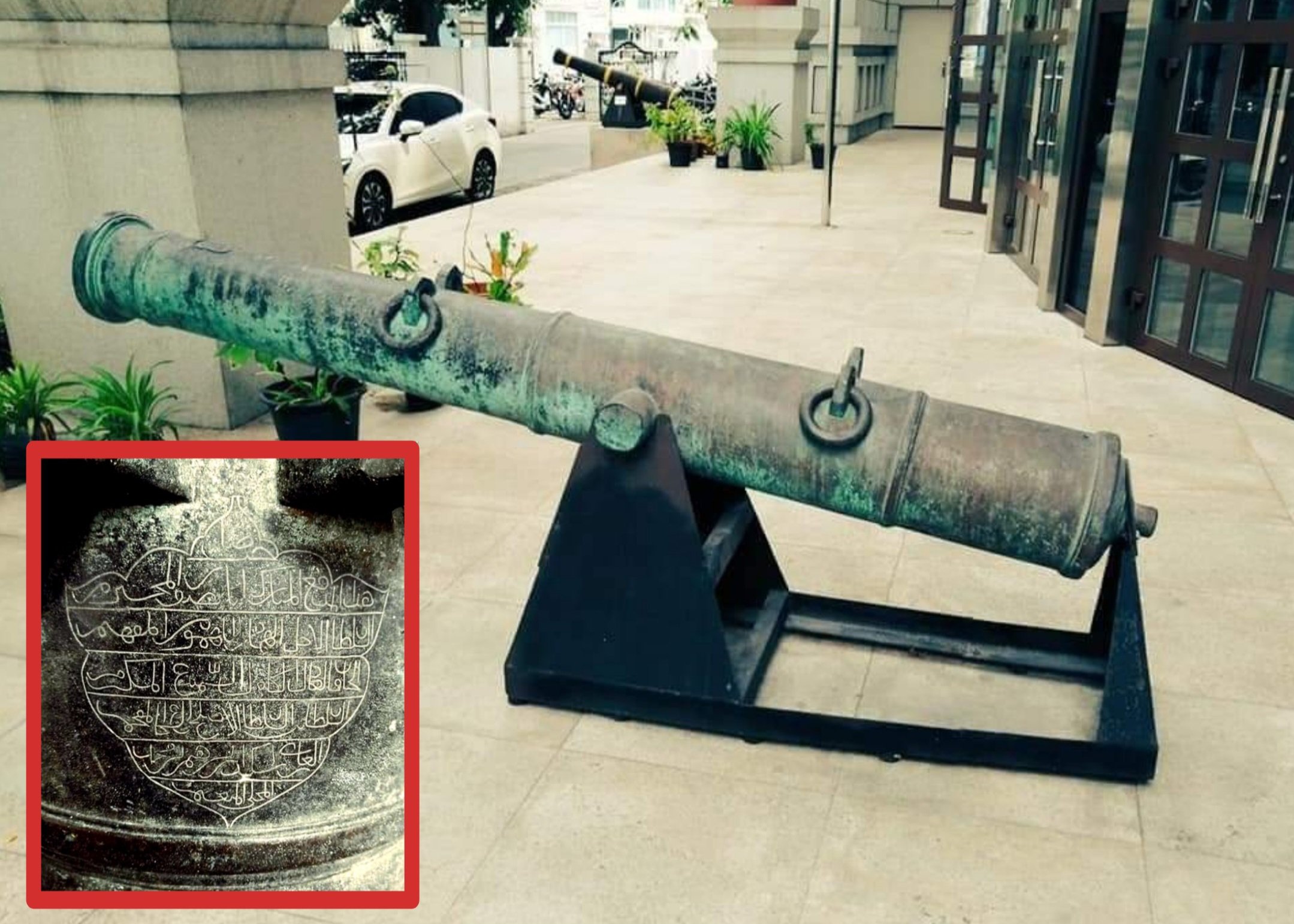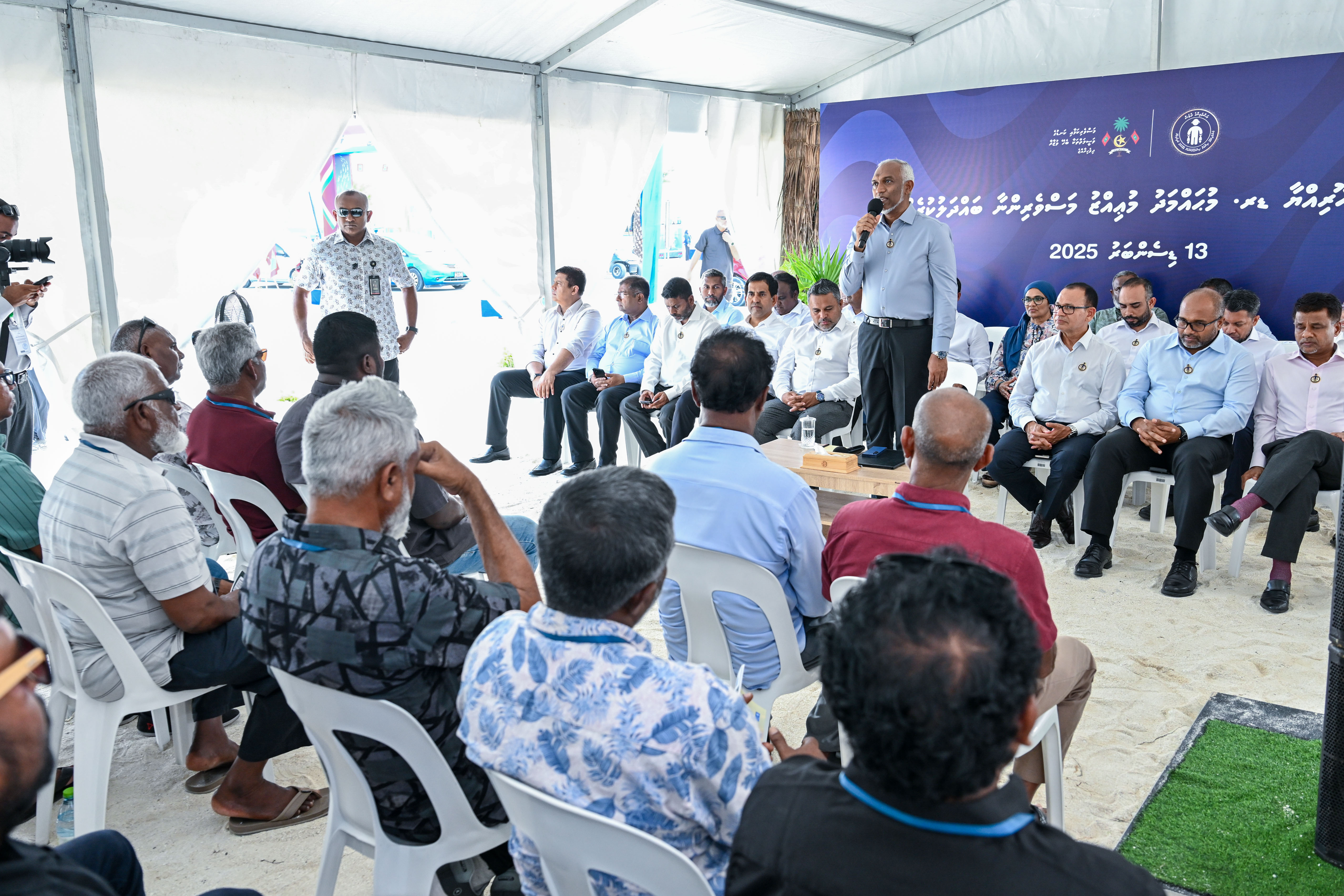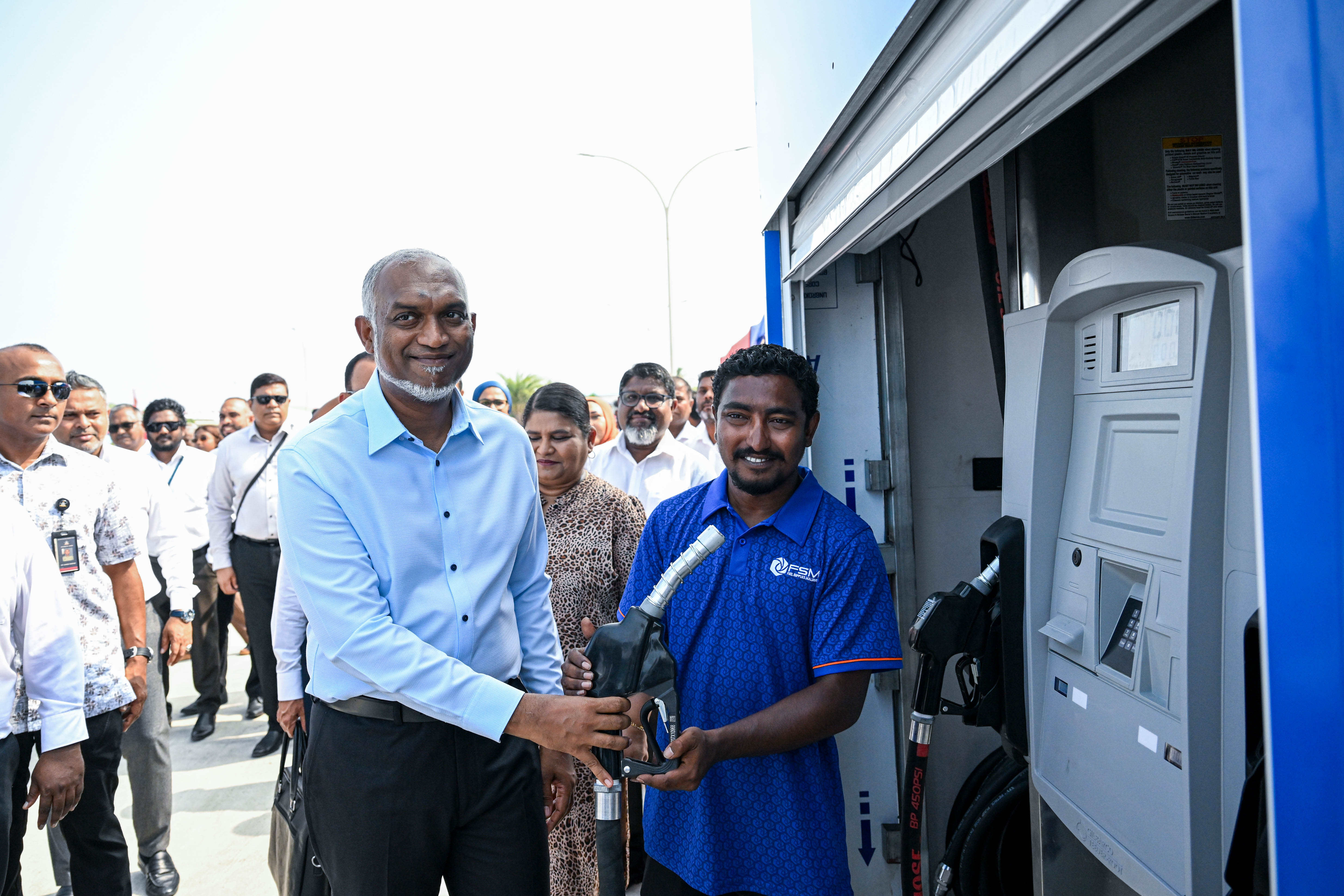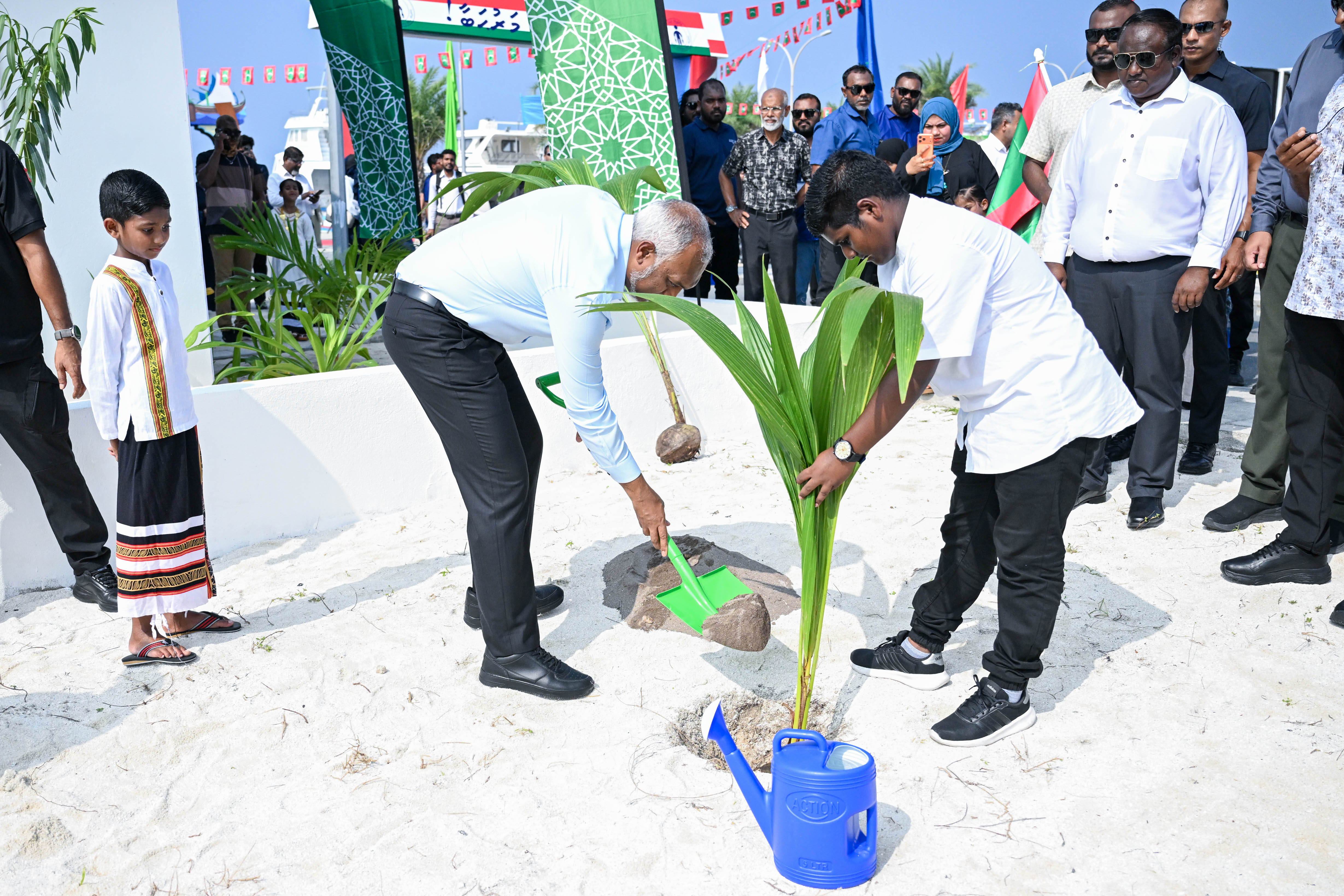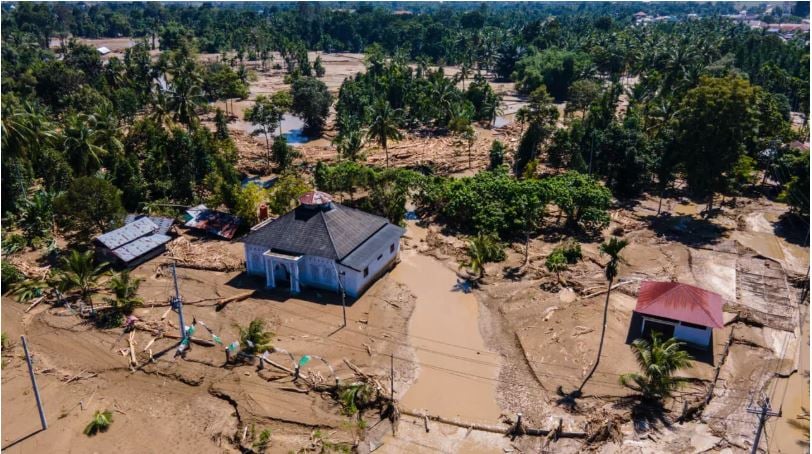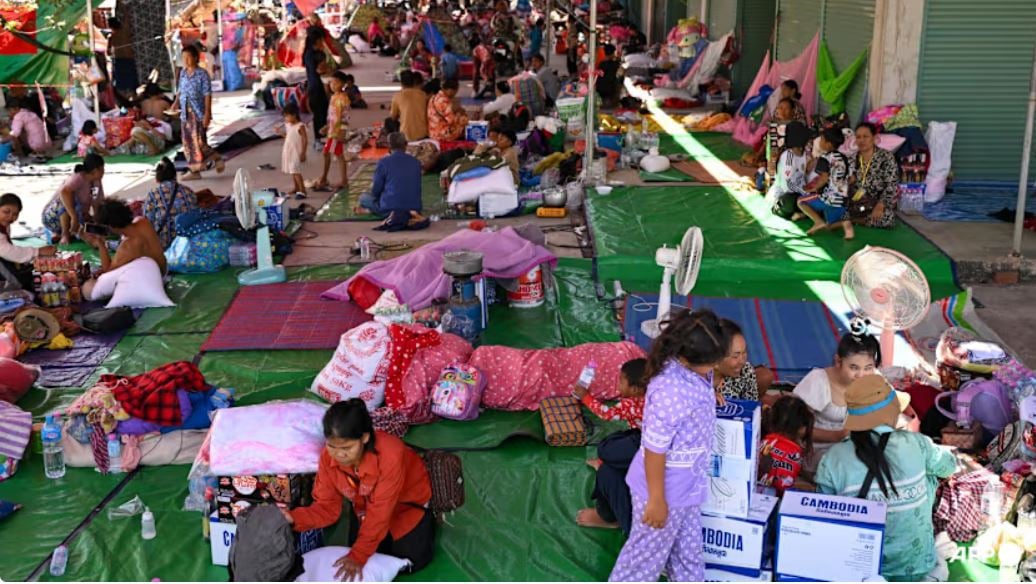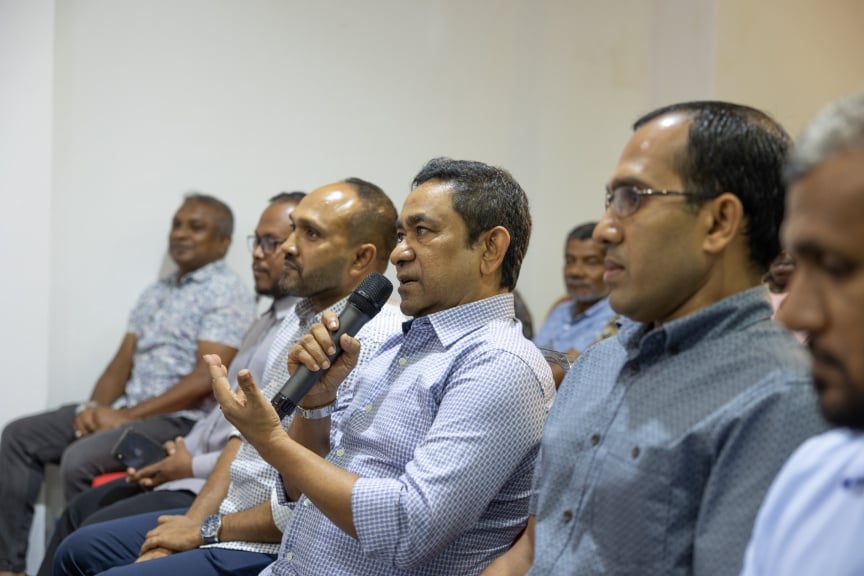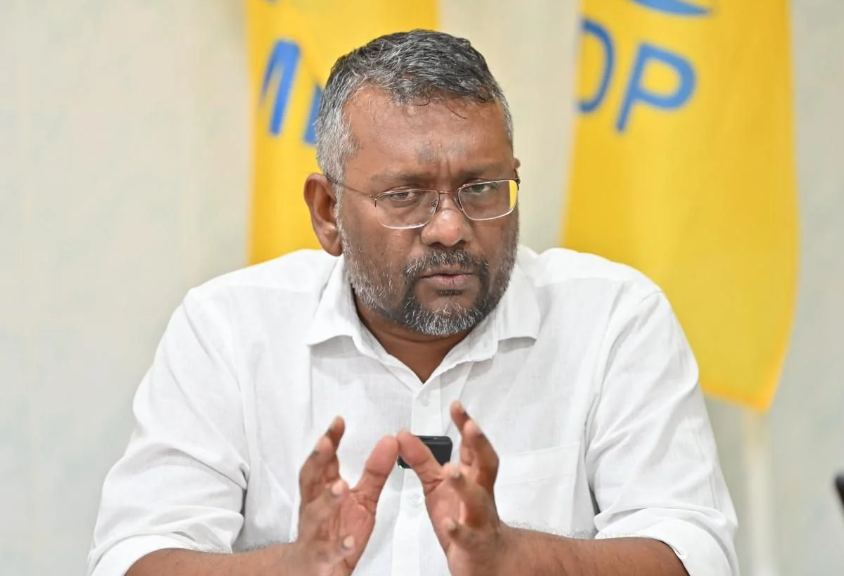(This is a series of articles, rewritten and translated from the 'Dhivehi Thaareekh' book compiled by a committee appointed by Sultan Muhammad Imaduddin VI in 1902 CE / 1320 AH to write the history of the Maldives in Dhivehi language.)
On the 5th of Shawwal 1058 AH (23rd October 1648 AD), following the death of Sultan Muhammad Imaduddin I (Bodu Rasgefaanu), his son named Ibrahim ascended to the throne. This king's official name was Sultan Ibrahim Iskandar. In Dhivehi, his full title was Siri Kularanmeeba Iskandar Kattiri Bavana Mahaa Radhun.
Sultan Iskandar was 28 years old when he ascended to the throne. He was fair-skinned and tall in stature. He was also considered the most handsome, honorable, and brave person of his time. Sultan Iskandar was a ruler who fully understood the principles of state governance and the wisdom of maintaining the country's security and safety. He was patient in his affairs and slow to anger towards those who disobeyed him. He was forgiving of minor offenses and considered matters from all angles.
Sultan Iskandar was also a master of martial arts of his time. He taught people swordsmanship, marksmanship, archery, and wrestling. He was a king who treated religious scholars well and ordered the teaching. This was because he feared that if religious knowledge disappeared from the country, it might incur God's wrath. He loved those who sought knowledge. Even if he didn't give them material gifts, he praised them in ways that made them happy and honored them.
During the reign of Sultan Iskandar, the port of Male' became a prosperous harbor. Merchants from Aceh, South India, North India, and various other places came in ships carrying different types of goods. These traders had complete freedom to conduct business with the Maldivian people without restrictions. The Sultan did not interfere in any way with trade matters. People had the liberty to sell any goods they possessed in any manner they wished, without any obstacles. The Sultan did not appoint anyone to inspect or set prices for goods brought by ships. This was because no duty was charged on goods imported by traders. During this Sultan's reign, neither the Bodu Ban'deyri (Chief Treasurer) nor the Velaanaa (Chief of Foreign Affairs) had any authority over matters concerning foreign traders' goods. They were equal to other nobles in this regard.
In the second month of Sultan Iskandar's reign, two brothers named Don Laviz and Don Malaviz from Goa came to wage war against the Maldives. These brothers were said to be the sons of a daughter of the former Sultan, Hassan, who had gone to Goa. Upon receiving this news, Sultan Iskandar gathered his three half-brothers, ministers, and nobles to consult about waging war. In this consultation, everyone agreed to go to war.
While preparations for war were underway, the enemy ship arrived at the port of Male'. Then both sides began firing cannons. In this battle, Allah granted victory to the Muslims. Don Malaviz, one of the two Goan men who arrived, was shot and killed. Don Laviz was also injured by a gunshot. Many other infidels were also killed. Then they escaped to Goa after being defeated. This battle took place in the year 1059 AH (1649 AD).
Following this historical incident, the Goan people (Portuguese) abandoned their hope of ruling the Maldives. And in connection with the victory in this battle, Sultan Iskandar stopped giving the items that were being given to the Goan people (Portuguese) and to Ali Raja of Cannanore from the Maldives. These were items that had been given by the Maldives since the time of Sultan Kalhu Muhammad, the grandfather of Sultan Hassan, who had gone to Goa.
On the 5th of Shawwal 1058 AH (23rd October 1648 AD), following the death of Sultan Muhammad Imaduddin I (Bodu Rasgefaanu), his son named Ibrahim ascended to the throne. This king's official name was Sultan Ibrahim Iskandar. In Dhivehi, his full title was Siri Kularanmeeba Iskandar Kattiri Bavana Mahaa Radhun.
Sultan Iskandar was 28 years old when he ascended to the throne. He was fair-skinned and tall in stature. He was also considered the most handsome, honorable, and brave person of his time. Sultan Iskandar was a ruler who fully understood the principles of state governance and the wisdom of maintaining the country's security and safety. He was patient in his affairs and slow to anger towards those who disobeyed him. He was forgiving of minor offenses and considered matters from all angles.
Sultan Iskandar was also a master of martial arts of his time. He taught people swordsmanship, marksmanship, archery, and wrestling. He was a king who treated religious scholars well and ordered the teaching. This was because he feared that if religious knowledge disappeared from the country, it might incur God's wrath. He loved those who sought knowledge. Even if he didn't give them material gifts, he praised them in ways that made them happy and honored them.
During the reign of Sultan Iskandar, the port of Male' became a prosperous harbor. Merchants from Aceh, South India, North India, and various other places came in ships carrying different types of goods. These traders had complete freedom to conduct business with the Maldivian people without restrictions. The Sultan did not interfere in any way with trade matters. People had the liberty to sell any goods they possessed in any manner they wished, without any obstacles. The Sultan did not appoint anyone to inspect or set prices for goods brought by ships. This was because no duty was charged on goods imported by traders. During this Sultan's reign, neither the Bodu Ban'deyri (Chief Treasurer) nor the Velaanaa (Chief of Foreign Affairs) had any authority over matters concerning foreign traders' goods. They were equal to other nobles in this regard.
In the second month of Sultan Iskandar's reign, two brothers named Don Laviz and Don Malaviz from Goa came to wage war against the Maldives. These brothers were said to be the sons of a daughter of the former Sultan, Hassan, who had gone to Goa. Upon receiving this news, Sultan Iskandar gathered his three half-brothers, ministers, and nobles to consult about waging war. In this consultation, everyone agreed to go to war.
While preparations for war were underway, the enemy ship arrived at the port of Male'. Then both sides began firing cannons. In this battle, Allah granted victory to the Muslims. Don Malaviz, one of the two Goan men who arrived, was shot and killed. Don Laviz was also injured by a gunshot. Many other infidels were also killed. Then they escaped to Goa after being defeated. This battle took place in the year 1059 AH (1649 AD).
Following this historical incident, the Goan people (Portuguese) abandoned their hope of ruling the Maldives. And in connection with the victory in this battle, Sultan Iskandar stopped giving the items that were being given to the Goan people (Portuguese) and to Ali Raja of Cannanore from the Maldives. These were items that had been given by the Maldives since the time of Sultan Kalhu Muhammad, the grandfather of Sultan Hassan, who had gone to Goa.





